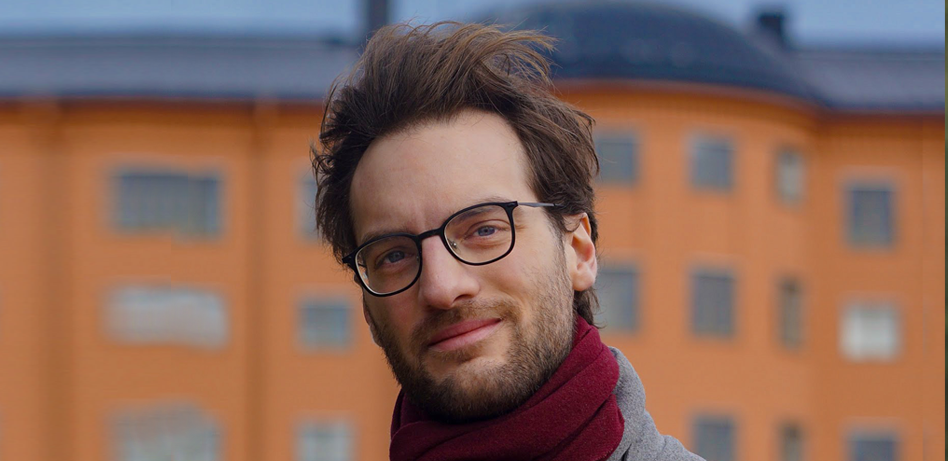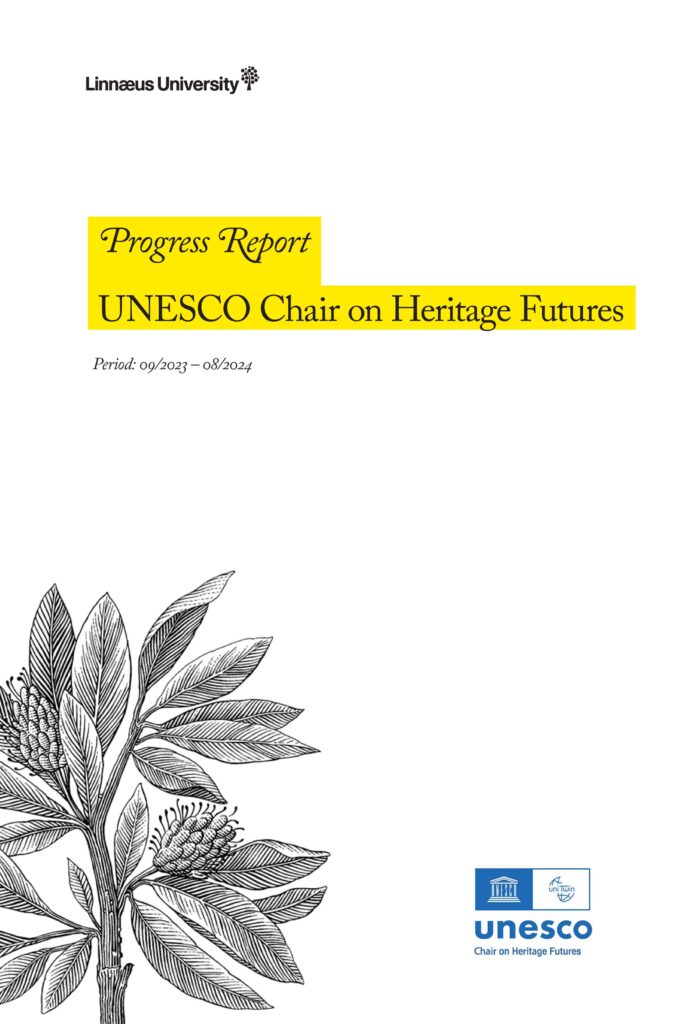Gamma Fields: The Industrial Legacy We Cannot Afford to Forget
2025-04-28
By Claudio Pescatore
What if the true monuments of the nuclear age are not vaults, vitrified blocks, or warning markers—but fields of invisible light?
- Gamma radiation is insidious. It leaves no ruin, no ash, no wound you can see. You don’t need to touch it. You don’t need to breathe it in. You simply pass by—and it passes into you. No trace is left on the soil. But a trace is left in you. And when the next person passes, they too receive the signal. Yet the source remains—unchanged, unweakened.
- Most poisons are spent as they harm. Gamma radiation is not. It accumulates elsewhere, silently, without diminishing its source. A kind of ambient inheritance.
In a recent study, I calculated the gamma radiation field unleashed by humanity’s Uranium-238 (U-238) legacy. The results show that this field is not temporary. It is already present, slow to mature, but geologically assured and radiologically significant, beyond safety thresholds.
- Mill tailings scattered across continents emit gamma radiation through uranium’s progeny. This signal will slowly fade over the next half a million years—but it will reach a baseline, unsafe value and will continue indefinitely.
- Meanwhile, depleted uranium stockpiles—which emit almost no gamma today—are quietly maturing. From a few thousand years onward, their gamma output will rise steadily, eventually overtaking significantly that of tailings, peaking in two million years, and continuing unabated into geological time.
- Most U-238 residues lie close to the surface—mill tailings, depleted uranium (DU) stockpiles, weapons testing sites, contaminated soils from mining and from exploded DU munitions. Even when their radiation does not cause immediate harm, it defines a long-term environmental signal whose meaning we have barely begun to grasp.
This raises questions not only of science, but of ethics, inheritance, and imagination:
- What does it mean to leave behind a hazard that grows in potency over time?
- How do we warn future beings of a danger concealed in ordinary soil or dust?
- Should gamma radiation be seen not only as threat, but also as a marker of human agency?
Nuclear waste lasts a long time. But U-238 isn’t just persistent—it performs. It changes. It regenerates. It returns. And surprisingly, we don’t call it waste. We call it an industrial by-product.
And now we are not just leaving behind a signal—we are leaving a body.
- About 4.5 million tonnes of U-238, mostly in oxide form, now reside in uranium tailings, DU, and spent fuel. It is a real, physical legacy—not symbolic, not speculative. This body must be put away—not forgotten, but deliberately placed and traced. Shielded, marked, and remembered.
- We can still act. We can treat uranium’s gamma legacy not as an afterthought, but as a defining part of our industrial inheritance. This won’t undo the past—but it may shape how future generations understand what we’ve left them.
We often speak of the nuclear age as bracketed—confined by Cold War dates or the operational lifespan of reactors. But its material consequences are just beginning. Care begins by acknowledging and tending to what endures.

Read more: http://www.nukleonika.pl/www/back/full/vol70_2025/v70n2p031f.pdf












[…] The new funding for this and a number of additional smaller projects, means that the Climate Heritage Network is…
[…] Chair on Heritage Futures « Culture, cultural heritage and COP26 […]
[…] mer på Unescoprofessurens blogg http://blogg.lnu.se/unesco/?p=1061 Besök Öland 2050! […]